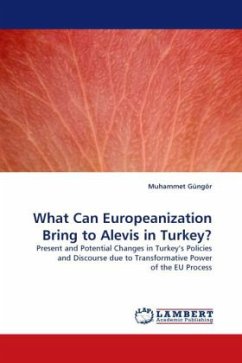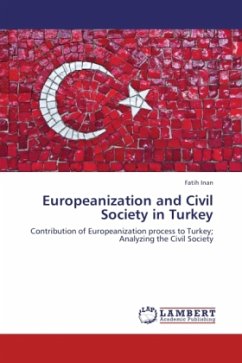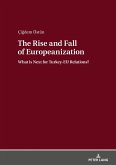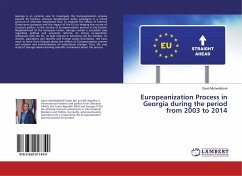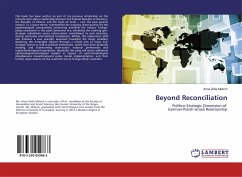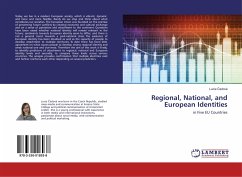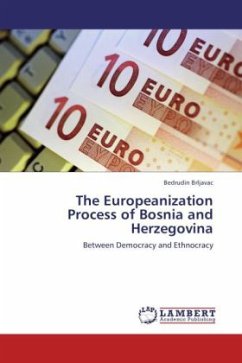The Alevi community, who are followers of a syncretic belief system, Alevism, constitute the largest religious minority' in Turkey. Alevis have undergone various forms of persecution, prejudice and discrimination throughout the history and such agony has taken the form of a failure in accessing equal citizenship rights in the present Republic of Turkey due to their non-Sunni faith. Yet, Alevis have started to raise their voices for equality and claim right of access to fundamental freedoms. Turkey's bid for the European Union membership has definitely become one of the most significant factors in seek of an answer to the key question: "What can Alevis gain?" This book tries to shed light on the transformation of Turkey's state policies and discourse, if any, in respect of ensuring cultural and religious rights of Alevis due to Turkey's desire for Europeanization and the extent of Alevis' potential gains with full membership to the EU. Thus, this book should be useful to those whoare interested in Turkey's EU integration process, with special emphasis on changes in state discourse against Alevis.

